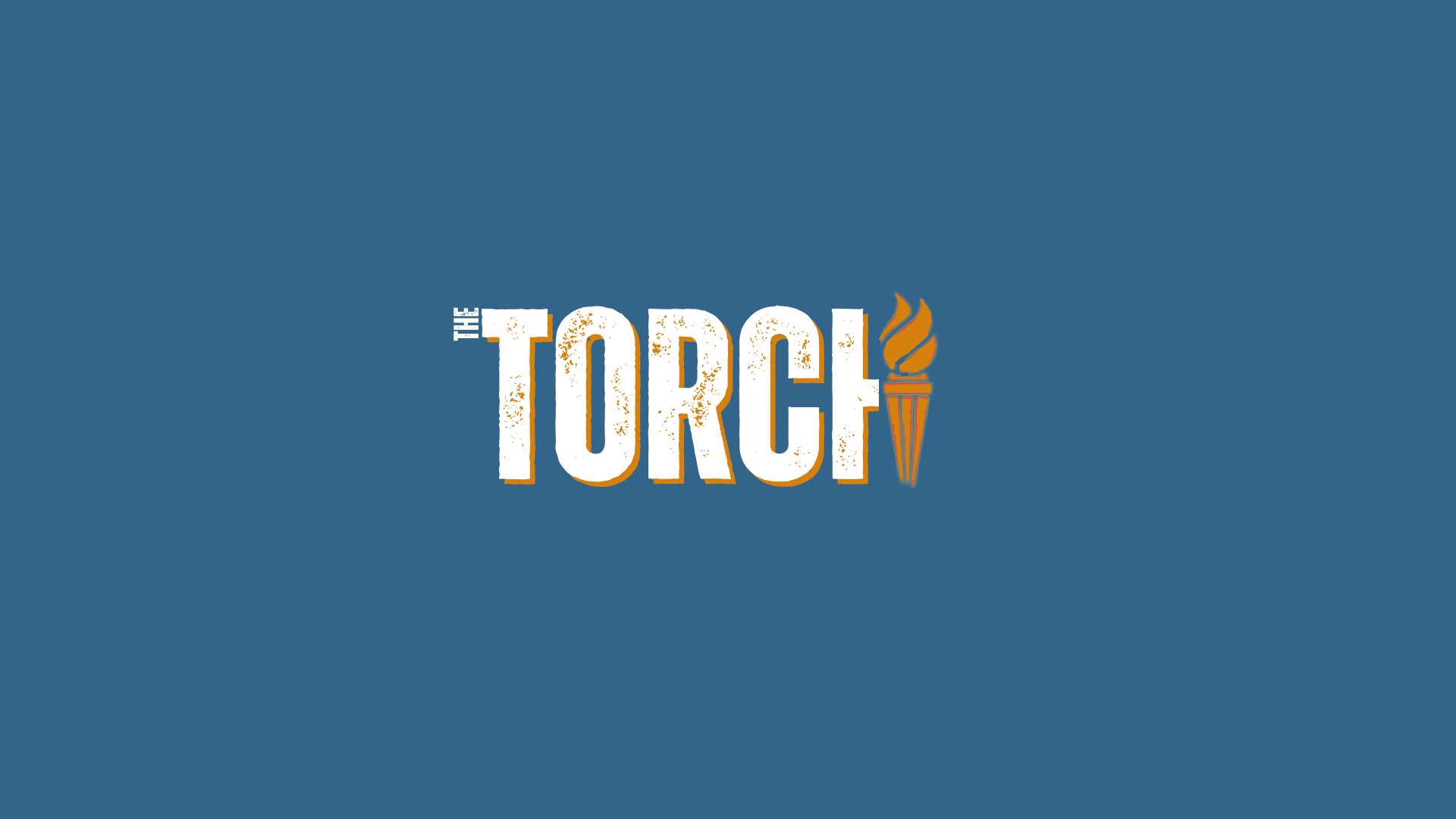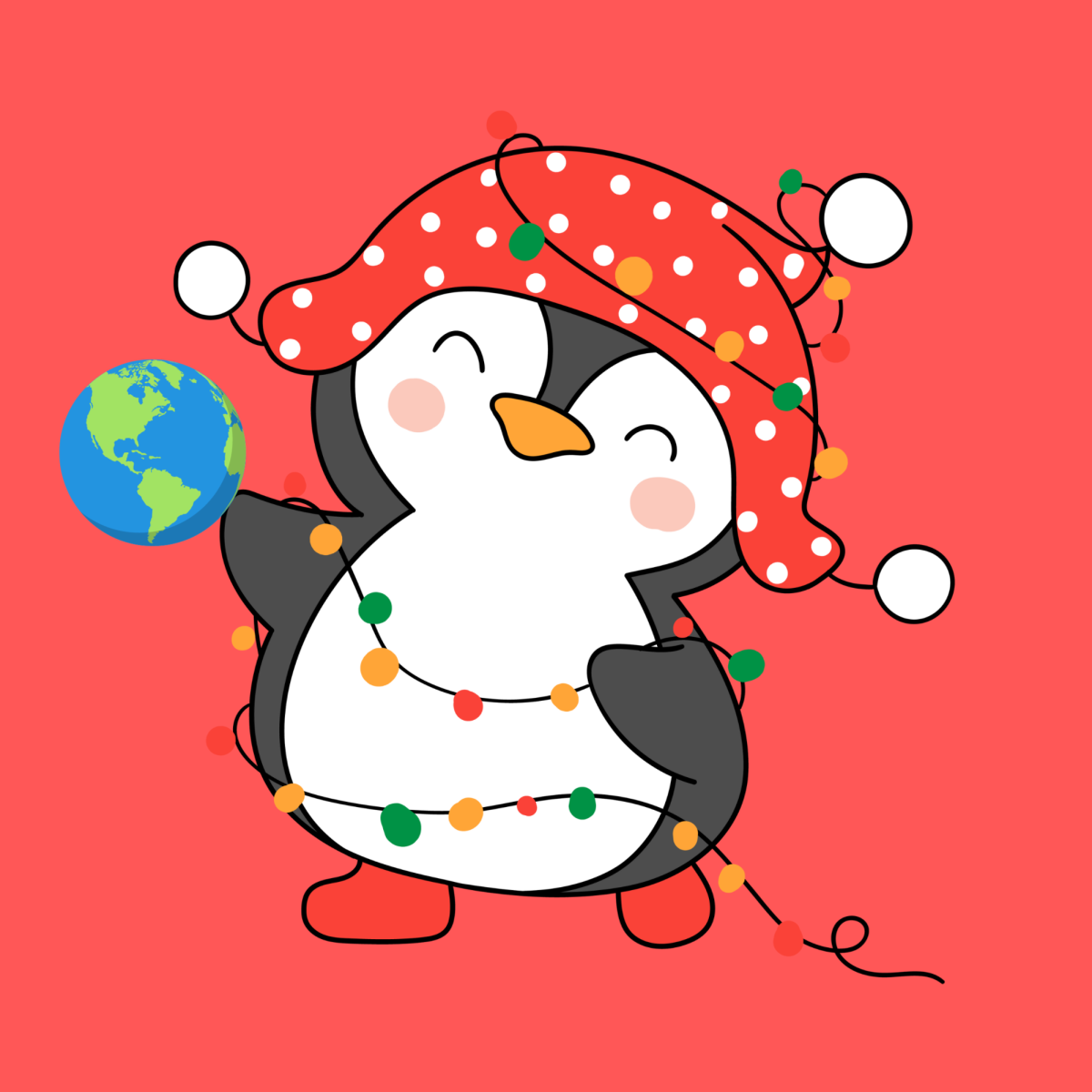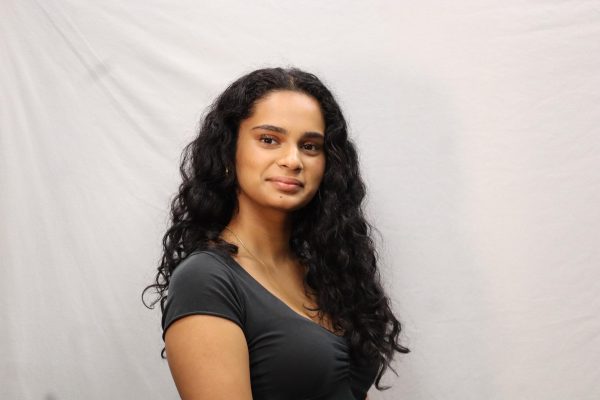When you can’t go out without seeing wreaths and string lights, and you can’t turn on the radio without hearing Mariah Carey’s whistle notes you know it’s time (pun intended), and a busy holiday season is upon us. However not all homes are decorating christmas trees and sipping eggnog, in fact many families have their own winter traditions.
Junior Adriana Holdeman celebrates the Jewish festival Hanukkah in the winter, a holiday that celebrates the victory of the Jewish people over their Greek oppressors. Hanukkah begins on the 25th of Kislev, the Hebrew calendar’s ninth month, which falls in December. As it is a deeply special time for her family, they commemorate it by lighting the candles of a Menorah throughout the span of eight days. The Holdeman household also hosts many religious family dinners where they eat a large, hearty meal.
Additionally they trade chocolate coins, a tradition based off of the phrase, “You give the poor money, but you give the happy food.” “food is how we show love,” Holdeman said
In a holiday celebrated by a country close by, Tanvi Jain, a sophomore from Karnataka, India celebrates Diwali , also known as the Festival of Lights. Diwali is a Hindu festival that symbolizes the victory of light over darkness and good over evil. It usually takes place between October and November. Jain’s family decorates their home with colorful rangoli (artwork created on the ground using colored powders, rice, or flower petals), lights oil lamps or diyas, and sets off fireworks to celebrate the occasion.
During Diwali, families gather for special meals, exchange gifts, and visit friends and relatives. The festive atmosphere extends beyond individual homes, with entire neighborhoods and cities adorned with lights and decorations.
“One of the most exciting parts of Diwali is the exchange of sweets and snacks,” Jain said. “We prepare a variety of delicious treats like ladoos, jalebis, and kaju katli.”
Across the globe, we find that while the French still embrace the traditional festivities of Christmas and New Year’s, their holiday spirit extends well beyond these holidays.
While the French still celebrate Christmas, the French holidays last well beyond Christmas and New Year’s. The Simoens family celebrates Three Kings Day on January 6th. During the celebration they buy a special French pastry called “La Galette des Rois” to commemorate the holiday.
“Inside the pastry there’s a fève, which is like a porcelain figure, and whoever has the fève is the King or Queen,” Simoens said. “Which in my family means you don’t have to help pick up at the end of the day.”
Whether it’s lighting the Menorah during Hanukkah, Midnight Mass with the French, or decorating doorsteps for Diwali, these celebrations are an integral part of the holiday season.
“These small traditions connect me to my cultural roots and bring a unique flavor to the holiday season,” Simoens said. “While my Christmases in America were equally as memorable, I just like feeling connected to my background.”



